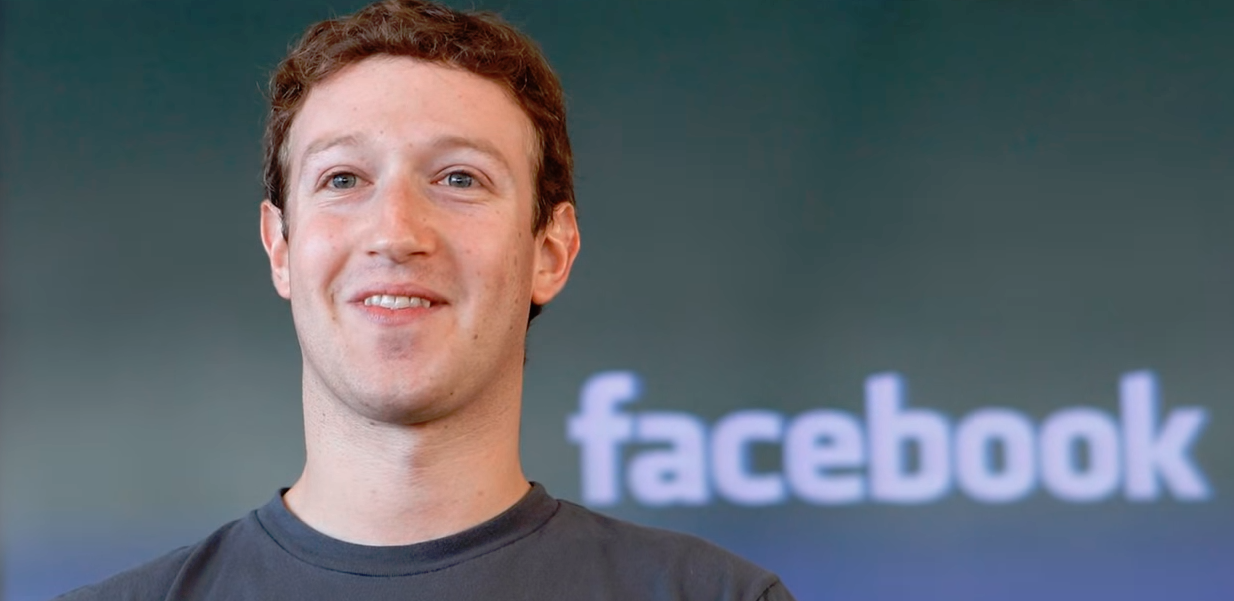Facebook seems to struggle with the concept of transparency, especially when it comes to how it goes about banning and censoring content.
The mystery was somewhat illuminated when a journalist from the The Telegraph (U.K.)was allowed to sit in on a meeting of Facebook content moderators. This meeting was just one of many where Facebook employees and contractors essentially determined what should be censored and what should not be censored on the platform. “Every two weeks, representatives from its policy, research, software design and content moderation teams meet to consider proposed changes to its voluminous speech rules,” wrote The Telegraph’s Laurence Dodds on April 29.

The guidelines were originally written as one page in 2008, but in the past ten years these rules on what can and cannot be banned have grown to 1,400 pages. For reference, the Bible printed in standard font has 1,200 pages.
None of these rules are available to the public: the book is for internal use only. 15,000 content moderators -- some employed directly by Facebook, some outsourced from other companies -- use these guidelines everyday to determine what gets taken down versus what is allowed to stay.
Originally, the one page guideline listed what content should definitely be removed. Apparently it was limited to “Hitler and naked people,” according to the Telegraph. Moderators were told to remove content based on “gut feel.” In the words of the original page, “Feel bad? Take it down.”
The meetings, known as the Content Standards Forum, have been given many suggestions. Outside sources, Facebook CEO Mark Zuckerberg, COO Sheryl Sandberg, and “controversies” have all had a role in shaping and guiding the current rules. The meetings have been chaired by Monika Bickert, Facebook’s head of Global Policy. Bickert has testified at House Judiciary Committee hearings.
While the company is apparently working hard to ensure that it does not “intervene in a country’s political debates,” it seems the employees are pushing to remove this goal. One employee was described as expressing a concern that “exemptions might be giving politicians a perverse incentive to push the boundaries.”
Facebook has had multiple issues with censoring political content. The company took down an ad from President Trump’s campaign in the 2018 midterm, citing it as “offensive.” Rev. Franklin Graham was suspended for an old post criticizing an LGBTQ initiative.





